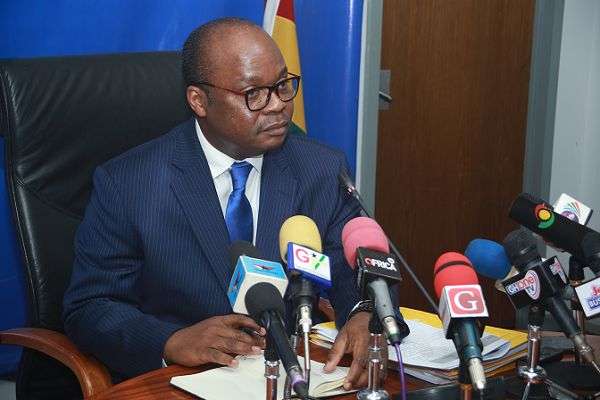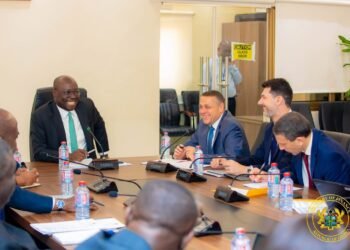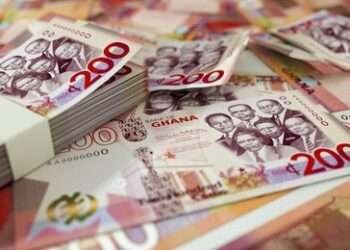As has been the norm, the Monetary Policy Committee (MPC) of the Bank of Ghana (BoG) will hold its 104th Regular Meetings, the first in 2022, from 25th – 28th January to review developments in the economy.
The first MPC meetings for this year will conclude with a press conference on Monday, January 31, 2022 to announce the decision of the Committee. The committee’s decision after every meeting hinges very much on the current economic conditions in the country. The Central Bank of Ghana’s MPC meets every two months to review developments in the economy.
West Africa’s second largest economy recorded a promising 4.5 percent average growth in the first three quarters of 2021. The strong recovery underway is expected to continue and impact greatly on the overall GDP growth in 2021. The government targets overall 4.4 percent growth in 2021 but a strong 6.6 percent Q3 2021 growth raised hopes that the country might even outperform the government’s projections.
Monetary policy outcomes in 2021
The recent rebound shows that the economy is gradually picking up after an anemic growth of 0.4 percent in 2020. Prior to the outbreak of COVID-19, Ghana was on a strong growth trajectory of an average of 7 percent, one of the fastest in Sub-Saharan Africa.
Per the recent calendar released by the Bank of Ghana, the MPC of the BoG will hold its regular meetings in January, March, May, July, September and November this year.
Last year, the MPC changed the policy rate in two of its six meetings. The change in policy rate last year was to ensure that the economy remained on track in its recovery process.
The MPC shockingly cut the policy rate by 100 basis points to 13.5 percent from 14.5 percent after its 100th Meetings in May 2021, the first time the BoG had reduced its policy rate in more than a year. In its last meeting, the MPC raised the policy rate to 14.5 percent citing inflationary risks.
Expectations from Analysts
An Economist, Dr. John Kwakye, Director of Research at the Institute of Economic Affairs (IEA), told the Vaultz News in an interview that he expects the BoG to raise the policy rate further in its upcoming meetings later this month. According to him, since the BoG indicated that it has raised the policy rate due to inflationary risks in its last meetings in November 2021, then the Bank should be prepared to raise the policy rate further since inflation rose to 12.2 percent in November 2021, just after the bank raised the policy rate.
Dr. John Kwakye stated that failure to do this means the MPC is not consistent with its approach in implementing monetary policy in the country.
Meanwhile, Dr. Kwadwo Opoku, a Research Fellow at the Centre for Social Policy Studies (CSPS) at the University of Ghana criticized the central Bank for “overusing” monetary policy to fight inflation in the country. Last year, Togbe Afede XIV also raised several concerns over the conduct of monetary policy in the country, which he believes, must change in order to make an impact on the economy, especially with regards to its response to interest rates in the country.
The Monetary Policy Rate is of keen interest to businesses, as it determines the rate at which the BoG lends to commercial banks. More importantly, this rate is expected to influence the interest rate on loans offered to customers but has not been the case.
Businesses are always complaining about how the policy rate does not often reflect on the interest rate on loans as expected. The high cost of borrowing in the country continues to cripple businesses. Lower rates of borrowing are needed to help businesses obtain credit to expand and cushion the economy as private sector remains key in job creation in the country. January January
READ ALSO: Citizens Call For Better Performance From Government in 2022





















